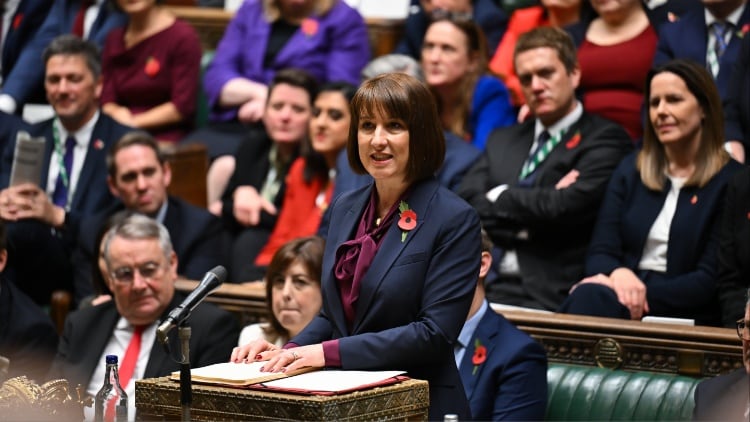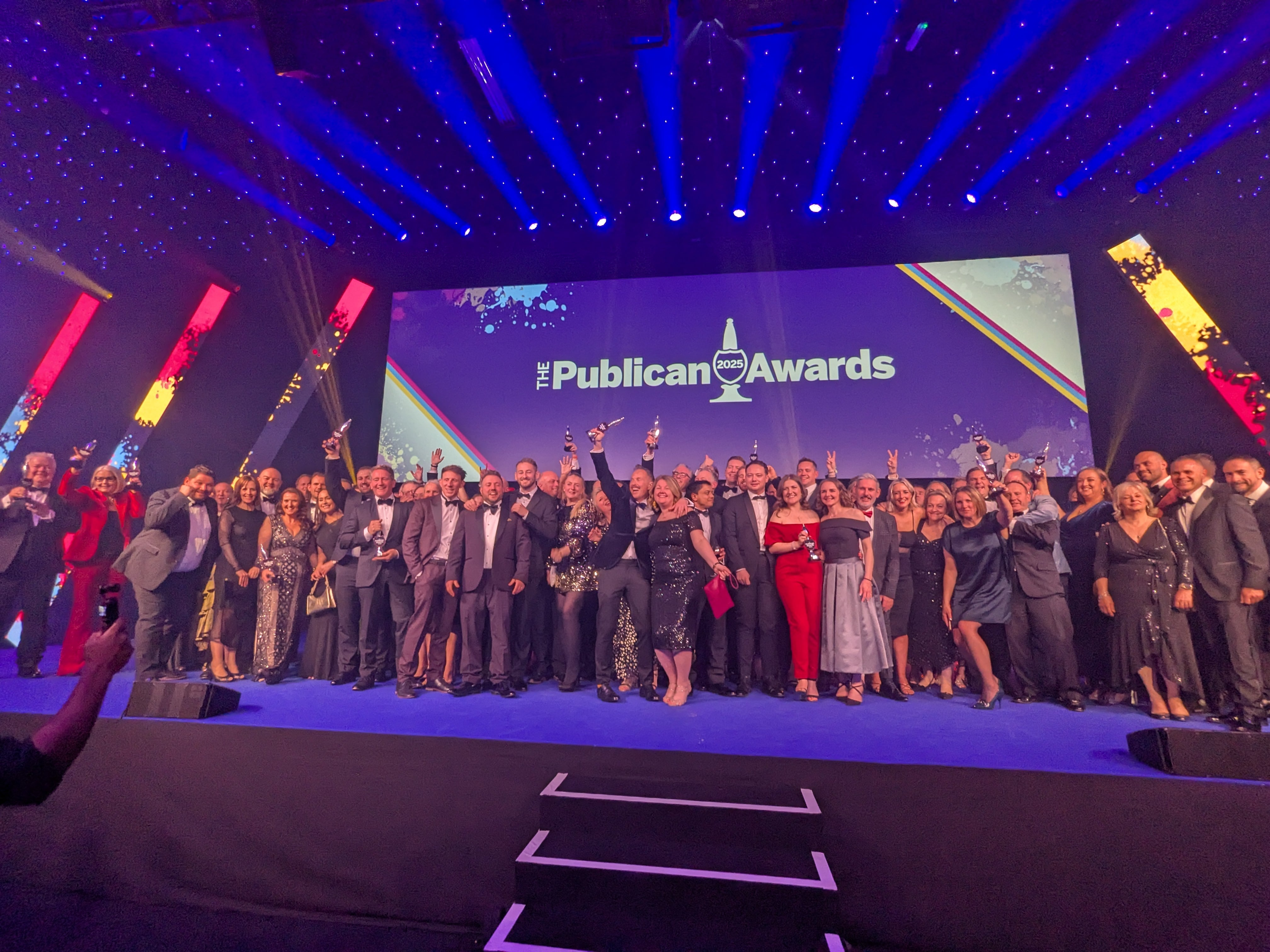Speaking in the House of Commons yesterday (Wednesday 26 March), Rachel Reeves asserted the measures announced in the previous Budget were “non-negotiable”.
It means the hikes to National Insurance and employment costs, set to come into force next week, would go ahead, despite repeated pleas from the sector for the Government to reverse the decision.
Following the address, the Night-Time Industries Association (NTIA) shared its “outrage”.
CEO Michael Kill said: “Once again, the Government has ignored the mounting evidence of economic devastation in our sector, doubling down on disastrous fiscal policies instead of taking decisive action to foster genuine growth and stability.
“Despite repeated warnings and relentless lobbying to reverse the crippling measures introduced in the Autumn Statement, the Government has chosen inaction, condemning businesses to a bleak and uncertain future.
“Rather than seizing the opportunity to implement critical long-term reforms, this Statement signals yet another nail in the coffin for an industry already pushed to the brink.”
He continued: “The Chancellor’s failure to introduce meaningful financial relief is not just negligent—it is a direct attack on the viability of an industry that contributes billions to the UK economy.
Breaking point
“The night-time economy is at breaking point. For years, our businesses have endured relentless financial strain, yet the Government continues to dismiss our calls for intervention.
“The absence of targeted support is nothing short of a betrayal, leaving businesses to fend for themselves in an increasingly hostile environment.”
NTIA chair Sacha Lord added: “This is not a viable plan for the hardest working in our society and not the Labour I voted for.”
Operators and industry leaders had also called for a VAT reduction for hospitality and swift action to enact Labour’s pre-election pledge to reform business rates ahead of the Spring Statement.
However, these issues were also not addressed.
Commenting on the Spring Statement, Ash Corbett-Collins, The Campaign for Real Ale (CAMRA) Chairman said: “Pubgoers are understandably worried about the future of community locals.
“Licensees will be hit by extra costs in the coming days from increased National Insurance contributions and a cut in support with business rates for pubs in England.
“In light of these worries, it is disappointing that there weren’t any announcements in the Spring Statement to support pubs, breweries or consumers.
“Operators were crying out for the Chancellor to think again on the Employer National Insurance hike for pubs; to speed up the new, fairer system of business rates for pubs in England; for cuts to duty and VAT on beer and cider served in pubs.
“CAMRA’s 145,000 members will continue to fight for better consumer choice and support for UK pubs and brewers leading up to the Autumn Budget.”
Meanwhile British Beer & Pub Association (BBPA) CEO Emma McClarkin described the Statement as a “missed opportunity” to plant the seeds of economic growth.
She continued: “The Government has not listened to businesses, and we can now expect to see prices rise, jobs at risk, and growth downgraded.
“This is not a viable plan for the hardest working in our society and not the Labour I voted for.”
Sacha Lord
“For a Government whose mission is growth, there is an alarming lack of a plan to boost the economy, given they’ve buried brewers and pubs under mountains of regulations, rates, and taxes.
“We now predict that, following the Spring Statement and taking into account the new costs coming into effect from April, the sector will now face an additional £70m per month, the equivalent of 5,700 jobs per month. We can expect to see pubs close at a faster rate which will risk growth and jobs and hurt the communities who rely on them.
“Time is of the essence, so if Government truly wants to unlock growth and support jobs they must reform business rates, deregulate, review the new chaotic and punishing EPR fees, and phase in employment costs.”
In addition, UKHospitality chief executive Kate Nicholls said there was “still time” for the Chancellor to act and “avert disaster” before April tax hikes come into force.
Nicholls added: “Growth won’t just happen without a plan.
“The Government’s own analysis shows the failure to address the employer NICs threshold will force businesses to freeze recruitment, reduce hours available for staff and reduce employment levels in the very sectors the Government needs to achieve its goal to get people off welfare.
Restrict investment
“If the Government is serious about getting Britain working, it needs hospitality. When we were backed after the financial crash and the pandemic, we proved how we can help drive economic recovery."
The Chancellor did, however, confirm £28m in Barnett consequentials for Scotland, which trade body UKHospitality Scotland implored should be used to extend rates relief for Scottish businesses.
Responding to the Statement, SLTA (Scottish Licensed Trade Association) managing director Colin Wilkinson said: ““The trade is still coming to terms with Reeves’s ‘short-term pain, long-term gain’ Budget last autumn.
“Businesses are braced for the triple whammy of an increase in the National Living Wage, increased employer National Insurance contributions and a 50% reduction in the threshold level for employer National Insurance contributions from April – nothing more than a tax on jobs.
“There is nothing for the hospitality industry in the Spring Statement and our fear is that many businesses will be forced to restrict investment and growth as well as face the risk of job losses as the changes from April make many operators question if they are in a position to maintain current staffing levels.
“We urge the UK Government to look at the bigger picture by permanently reducing the VAT rate for licensed hospitality businesses to create a more level playing field with our European competitors and for an industry that makes a massive contribution to the economy – at UK, Scottish, and local levels.”




